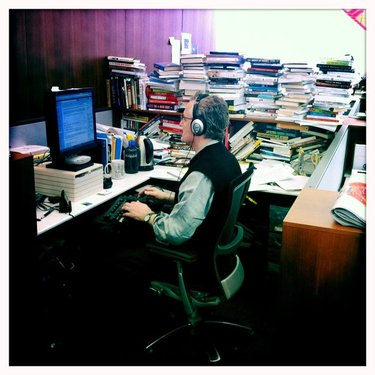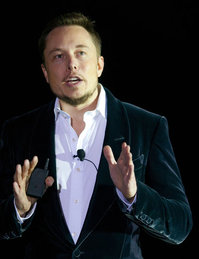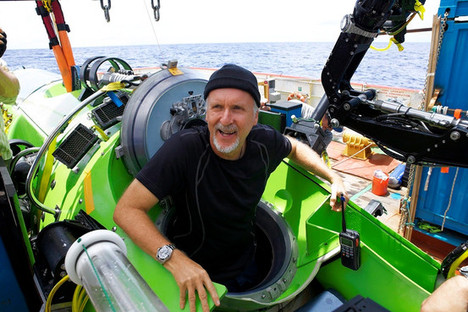(p. 163) Although [high yield] . . . bonds eventually became known as a favored tool for leveraged–buyout specialists in the 1980s, Mike’s original goal was different. He wanted to provide access to capital for growing companies that needed financing to expand and create jobs. Most of these companies lacked the investment grade” bond ratings required before the big financial institutions would back them. Mike knew that non-investment-grade (a k a “junk”) companies create virtually all new jobs, and he believed that helping these companies grow strengthened the American economy and created good jobs for American workers.
It was by studying credit history at Berkeley in the 1960s that Mike developed his first great insight. He found that while there could be significant risk in any one high-yield bond, a carefully constructed portfolio of these assets produced a consistently better return over the long run than supposedly “safe” investment-grade debt. This was proved during the two decades of the 1970s and ’80s when returns on high-yield bonds topped all other asset classes. Mike saw a great opportunity when he realized that the perception of default risk far exceeded the reality. In fact, these bonds had a surprisingly low-risk profile when adjusted for the potential returns.
After twenty years of superior gains, the high-yield bond market finally fell in 1990. Actually, it didn’t fall–it was pushed by unwise government regulation that forced institutions to sell their bonds. The dip only lasted a year, however, with the market roaring back 46 percent in 1991.
Mike’s competitors–Goldman Sachs, Morgan Stanley, and Credit Suisse First Boston, the old oligopolies of the syndication (p. 164) business–labeled them “junk bonds” to disparage Mike’s brainchild. He was not a member of their white-shoe club and they were not going to take his act lying down.
Source:
Wyly, Sam. 1,000 Dollars and an Idea: Entrepreneur to Billionaire. New York: Newmarket Press, 2008.
(Note: bracketed words and ellipsis added.)







